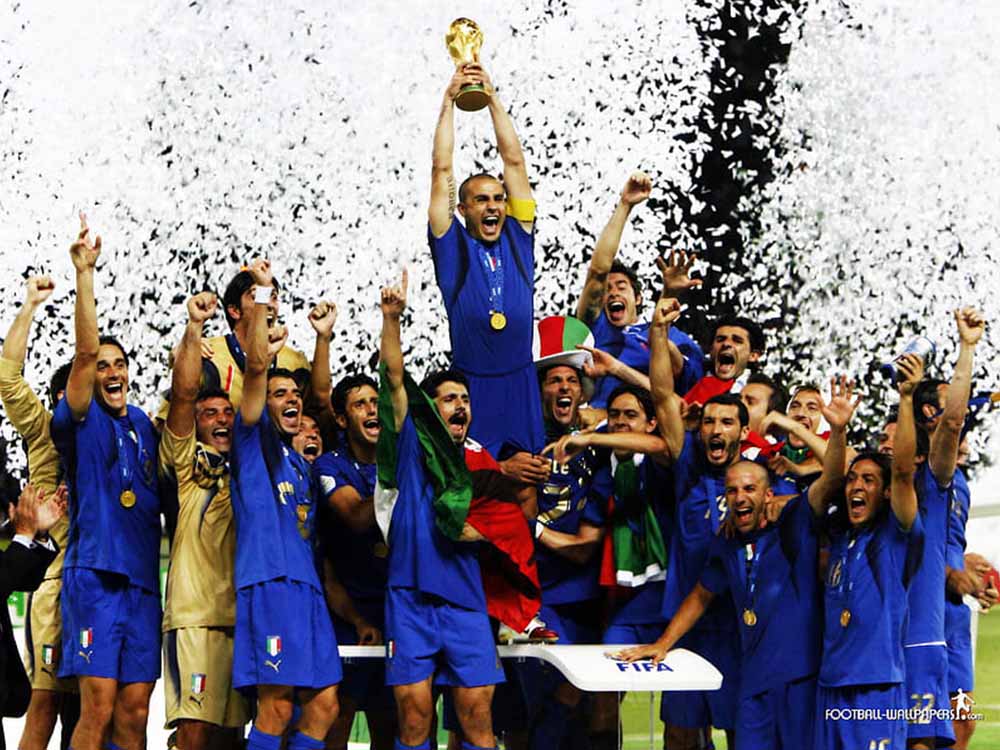Mundial 2010 – A Glorious Celebration of Football Excellence and Global Unity
In 2010, the FIFA World Cup, commonly known as Mundial, took center stage, captivating the world with its spectacle of skill, drama, and international camaraderie. This exploration delves into the key moments, standout performances, and the cultural impact that defined the 2010 World Cup as a momentous celebration of football on the global stage.
Hosted by South Africa – A Historic First for the African Continent
Mundial 2010 made history as the first FIFA World Cup hosted by an African nation, South Africa. The tournament, held from June 11 to July 11, 2010, was a milestone for both the continent and the global football community. South Africa’s vibrant culture, diverse landscapes, and warm hospitality provided a fitting backdrop for the world’s most prestigious football competition.
The decision to host the World Cup in South Africa was a testament to the sport’s power to unite nations and break cultural barriers. It marked a significant step forward in the globalization of football, extending its reach to every corner of the world.
Vuvuzelas and Cultural Richness – The South African Flavor
Mundial 2010 was notable for the ubiquitous presence of vuvuzelas, the plastic horns that became the unofficial soundtrack of the tournament. The constant buzzing of vuvuzelas added a unique and unmistakable ambiance to matches, creating an auditory backdrop that echoed the vibrancy of South African culture.
The tournament embraced the richness of South Africa’s cultural diversity through colorful opening ceremonies, traditional dance performances, and the showcasing of the country’s artistic heritage. Mundial 2010 transcended sports, becoming a celebration of unity, diversity, and the spirit of a nation that had overcome historical challenges.
Iconic Moments and Standout Performances – Football Excellence Unveiled
Mundial 2010 witnessed several iconic moments that etched themselves into the annals of football history. Spain, led by coach Vicente del Bosque and starring players like Xavi Hernandez and Andrés Iniesta, emerged victorious, securing their first-ever World Cup title. In the final, they defeated the Netherlands in a closely contested match that extended into extra time.
Notable performances included Diego Forlán of Uruguay, who won the Golden Ball for the tournament’s best player, and Thomas Müller of Germany, who claimed the Golden Boot as the top scorer. Ghana’s run to the quarterfinals captured hearts worldwide, and the tournament showcased emerging talents like Mesut Özil and James Rodriguez.
Global Impact and Legacy – Mundial 2010 Beyond the Pitch
Beyond the football pitch, Mundial 2010 left a lasting impact on the global cultural landscape. The tournament’s cultural exchange and the shared experience of watching matches brought people together from different corners of the world. Social media platforms buzzed with discussions, memes, and a sense of collective excitement, further emphasizing football’s role as a global unifier.
The legacy of Mundial 2010 extended to increased interest and investment in African football. The tournament showcased the continent’s passion for the sport, fostering a sense of pride and encouraging further development of football infrastructure and talent in Africa.










